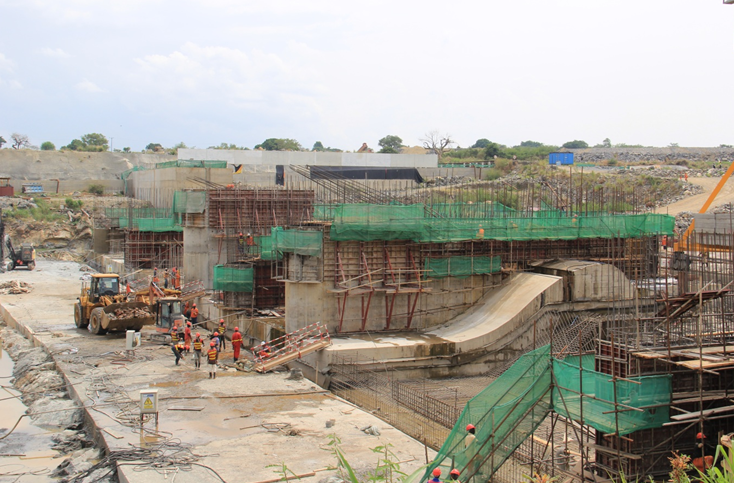Public–Private Partnerships (PPPs) are potential stimulators to help raise the money Uganda it needs to fund infrastructure investment and to also improve the lives of ordinary Ugandans.
According to the ninth edition of the Uganda Economic Update, by embracing PPPs, government can shed off part of the baggage that comes with providing infrastructure and other public goods.
“In this, experience shows that the private sector can successfully finance and manage investment in public infrastructure efficiently and profitably to supplement government-led public spending,” the Update says.
The Update also advises government to mobilize domestic currency financing by establishing syndicates of commercial banks and large surplus institutions to finance PPPs, such as pension funds, particularly the National Social Security Fund.
The report further states that Uganda currently has a financing gap of about US$1.4 billion a year for infrastructure investment, but the cost of inefficient infrastructure is also high, estimated at US$300 million a year, due mainly to corruption—especially underpricing—and the sector’s inability to complete projects within budget and on time.
The report indicates that the country’s most successful PPP, the Umeme concession, has distributed electricity more efficiently since March 2005.
For example, the report states that Umeme has increased the collection of sales revenue from 65 percent in March 2017 to 98 percent in June 2017, and also improved people’s access to power in areas within reach of its services.
But, despite its success, the Economic Update notes, the company has been tainted by operational and governance problems. “A parliamentary assessment found irregularities and manipulation in the procurement of the concession, and the power distribution agreement had to be revised to minimize costs to the government,” the report states.
“The success of PPPs depends on the government’s ability to establish a framework with laws, systems, processes, and contracts that promote financially viable PPPs, especially where there are natural monopolies or market failures,” notes Rachel Sebudde, World Bank Senior Economist and lead author of the Update.
“To maximize the benefits of PPPs, the government must allocate sufficient resources to make sure projects are prepared well,” she said days ago in Kampala. She added that the selection of PPP projects should involve analysis to verify that a project is feasible, attractive to the private sector, and provides value for money.
According to the State Minister for Finance, David Bahati, Uganda instituted legal and regulatory reforms, including the PPP Policy Framework in 2010, and the PPP Act, was approved in 2015. However, the ministry is yet to establish institutions to implement these policies.
Based on experience in Uganda and global best practices, the Uganda Economic Update recommends areas of improvement to allow PPPs to achieve their intended objectives:
That government establishes appropriate institutions to put existing legal and policy frameworks into practice. This can be done by building the capacity of the central PPP unit and other contracting authorities to enable them to prepare, appraise, and provide better oversight.






